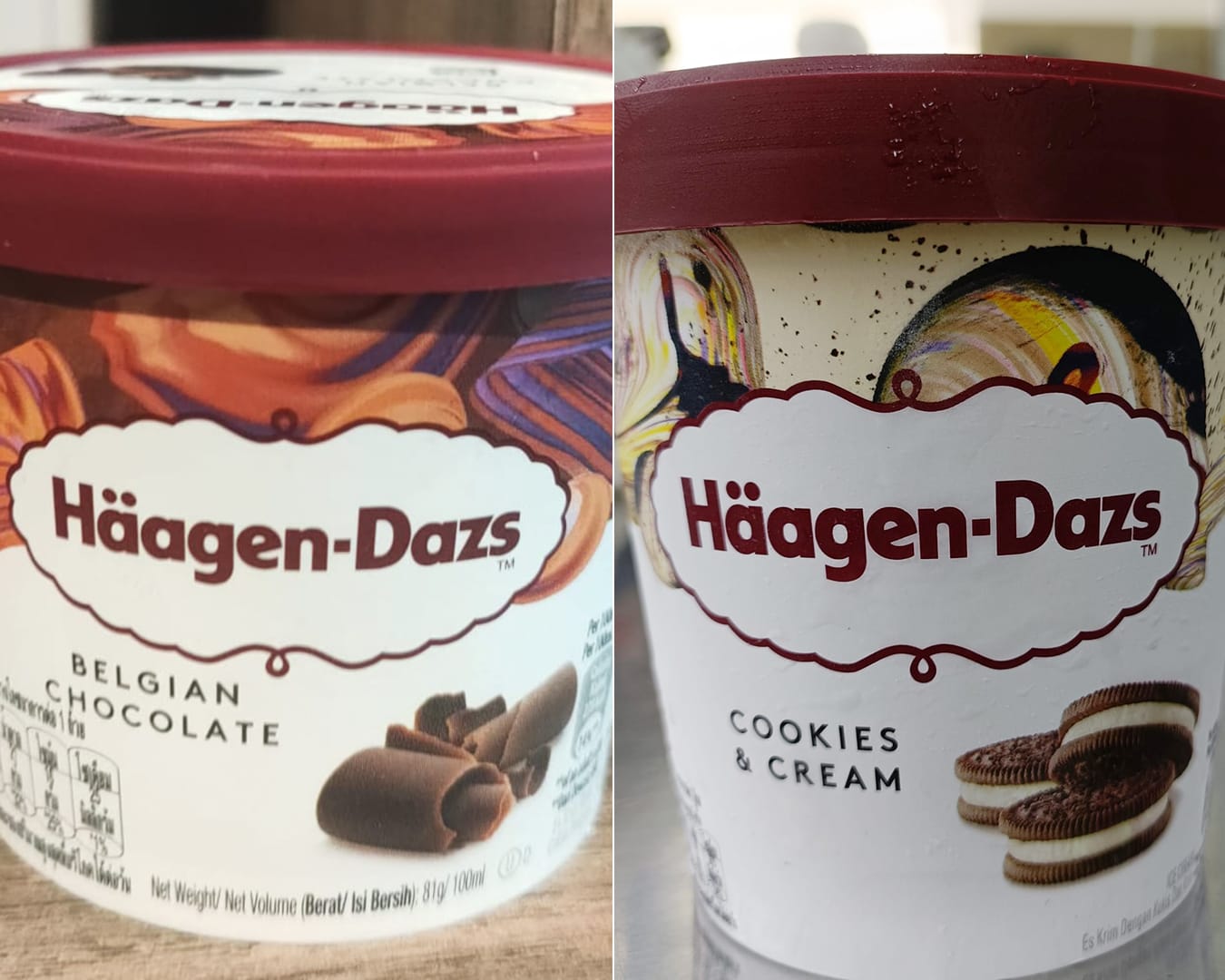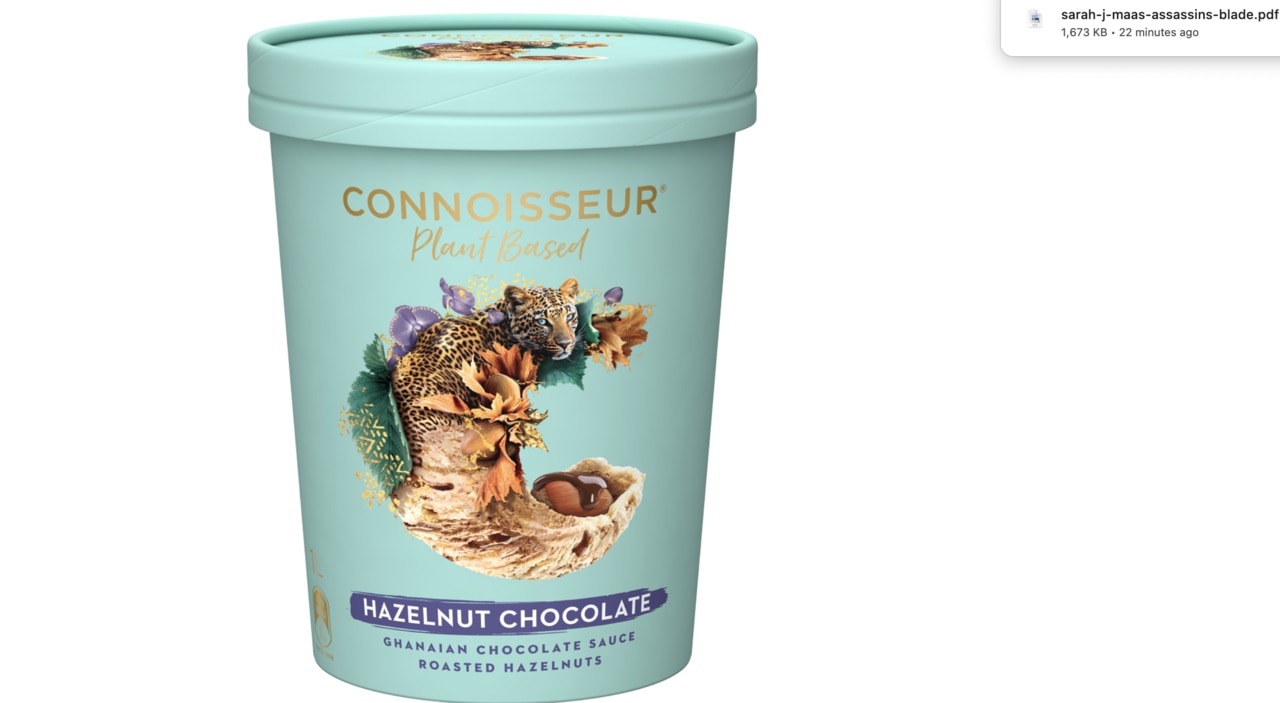Recalled Ice Cream

A recent recall of ice cream has raised concerns among consumers. This recall, initiated by [Brand Name], affects certain batches of [Type of Ice Cream]. The reason for the recall is [Reason for Recall], which poses potential health risks to consumers.
The Issue
The recall stems from a potential contamination issue. [Brand Name] discovered that certain batches of [Type of Ice Cream] might contain [Contaminant]. This contamination could lead to [Potential Health Risks] if consumed. While the company has not received any reports of illnesses related to the recalled ice cream, they are taking proactive measures to ensure consumer safety.
Scope of the Recall
The recall affects [Geographic Areas] and involves [Number of Units Recalled] units of [Type of Ice Cream]. The affected products have [Product Identification Details] and were distributed through [Distribution Channels].
Recall Details, Ice cream recalled
The following table summarizes the key details of the recall:
| Recall Date | Brand | Product Name | Reason for Recall |
|---|---|---|---|
| [Recall Date] | [Brand Name] | [Product Name] | [Reason for Recall] |
Impact of the Recall
The recall of ice cream can have significant consequences for both the manufacturer and consumers. The impact can be multifaceted, ranging from financial losses to reputational damage and potential health risks.
Impact on the Ice Cream Manufacturer
The recall of ice cream can have a substantial impact on the ice cream manufacturer. The financial implications can be significant, including:
- Loss of Revenue: The manufacturer will experience a loss of revenue from the unsold ice cream that is recalled. The financial impact will depend on the quantity of ice cream recalled, the price of the product, and the duration of the recall.
- Cost of Recall: The manufacturer will incur significant costs associated with the recall process, including the cost of retrieving the recalled product from retailers and consumers, disposing of the contaminated ice cream, and notifying consumers of the recall.
- Legal Expenses: The manufacturer may face legal expenses if consumers file lawsuits related to the recall. These lawsuits could arise from claims of illness or injury due to consuming the contaminated ice cream.
- Damage to Reputation: The recall can damage the manufacturer’s reputation, leading to a loss of consumer trust and a decline in sales.
Impact on Consumers
The recall can have a range of impacts on consumers, including:
- Inconvenience: Consumers who have purchased the recalled ice cream will need to return it to the store or dispose of it properly. This can be inconvenient, especially for consumers who have already consumed some of the product.
- Financial Loss: Consumers may experience a financial loss if they have purchased the recalled ice cream. They may be entitled to a refund, but they may also lose the cost of the ice cream if they are unable to return it.
- Health Concerns: The most serious impact of the recall is the potential for health concerns. If the ice cream is contaminated with harmful bacteria, consumers who have consumed it may experience illness. The severity of the illness can vary depending on the type of bacteria and the amount consumed.
Impact on the Reputation of the Ice Cream Brand
The recall can have a significant impact on the reputation of the ice cream brand. Consumers may lose trust in the brand if they perceive that the manufacturer has not taken adequate steps to ensure the safety of its products. This can lead to a decline in sales and market share for the brand.
Actions Consumers Can Take in Response to the Recall
Consumers who have purchased the recalled ice cream should take the following actions:
- Check the Recall Notice: Consumers should check the recall notice for information about the specific products that are being recalled, the reason for the recall, and the actions that consumers should take.
- Return or Dispose of the Product: Consumers should return the recalled ice cream to the store where they purchased it or dispose of it properly, following the instructions provided in the recall notice.
- Contact the Manufacturer: Consumers may want to contact the manufacturer to report any illnesses or injuries related to the recalled ice cream.
- Monitor for Updates: Consumers should monitor for updates from the manufacturer or regulatory agencies about the recall. This may include information about additional products that are being recalled or changes to the recall instructions.
Food Safety and Regulation: Ice Cream Recalled

Food safety regulations are crucial in preventing recalls like the one involving the ice cream. These regulations establish standards for food production, processing, and distribution, ensuring that consumers receive safe and wholesome products.
Regulatory Body for Food Safety
The Food and Drug Administration (FDA) is the primary regulatory body responsible for food safety in the United States. The FDA sets standards for food production, inspects food facilities, and investigates foodborne illnesses.
Importance of Proper Food Handling Practices
Proper food handling practices are essential for preventing foodborne illnesses and ensuring the safety of food products. Manufacturers must adhere to strict guidelines for hygiene, temperature control, and packaging to minimize the risk of contamination. Consumers also play a vital role in food safety by practicing proper food handling at home.
Food safety is a shared responsibility, involving both manufacturers and consumers.
Process of Investigating and Issuing a Food Recall
The process of investigating and issuing a food recall involves several steps. The FDA typically initiates an investigation when it receives reports of foodborne illnesses or potential contamination.
- Investigation: The FDA conducts a thorough investigation, collecting evidence and identifying the source of the contamination. This may involve inspecting food facilities, analyzing samples, and interviewing individuals involved in the production and distribution of the product.
- Recall Decision: If the investigation confirms a food safety hazard, the FDA will issue a recall. The recall may be voluntary, where the manufacturer initiates the recall, or mandatory, where the FDA orders the recall.
- Notification: The FDA notifies consumers about the recall through various channels, including news media, social media, and the FDA website. The notification includes details about the recalled product, the potential health risks, and instructions for consumers.
- Removal: The manufacturer is responsible for removing the recalled product from the market. This may involve contacting retailers and distributors to collect the product and dispose of it safely.
Ice cream recalled – Recent ice cream recalls have highlighted the importance of food safety, particularly when dealing with perishable products. If you’re looking for alternative dessert options, consider exploring your local Indian grocery store, where you can find a wide variety of fresh fruits, spices, and other ingredients for homemade treats.
indian store near me You might even discover new and exciting flavors that will satisfy your sweet tooth while avoiding the risks associated with recalled ice cream.
Recent ice cream recalls highlight the importance of scrutinizing ingredients, particularly those that may pose health risks. One area of ongoing research concerns the potential link between artificial sweeteners and blood clots, a concern that has been amplified in recent years.
While the evidence is still being analyzed , understanding the potential risks associated with ingredients is crucial for ensuring food safety and public health. In the case of ice cream recalls, consumers should carefully review the recall notices and seek information on potential ingredient-related health concerns.
